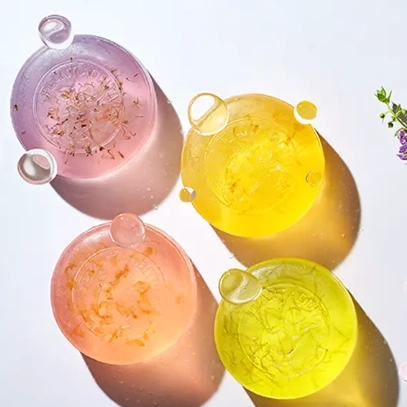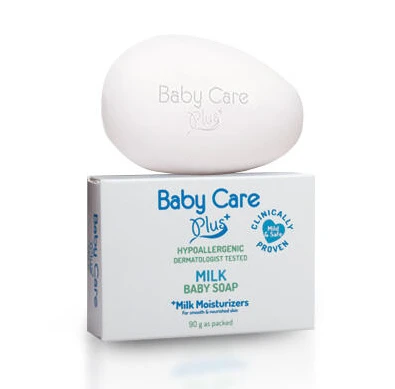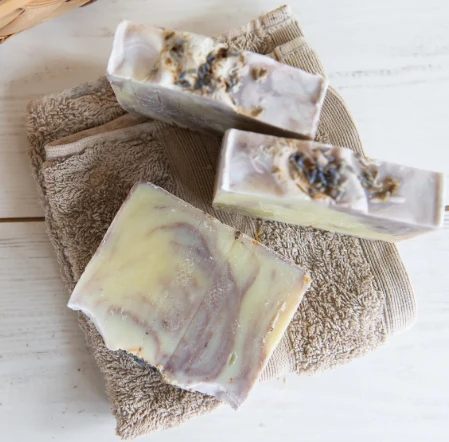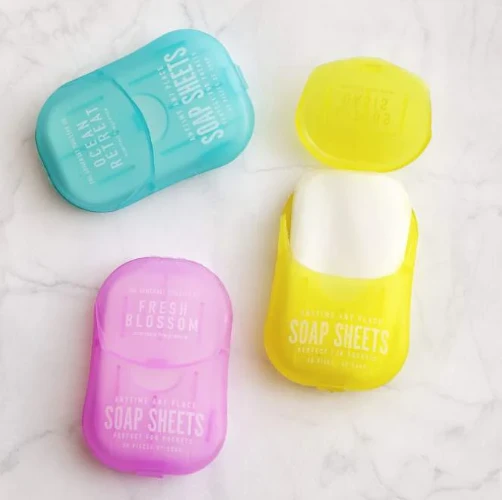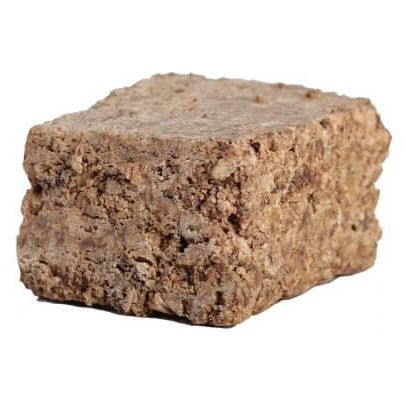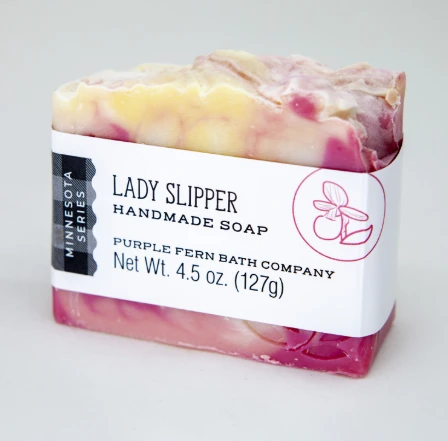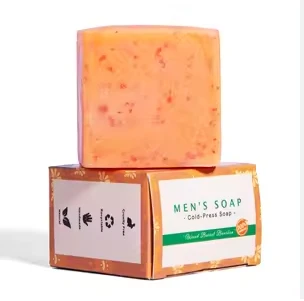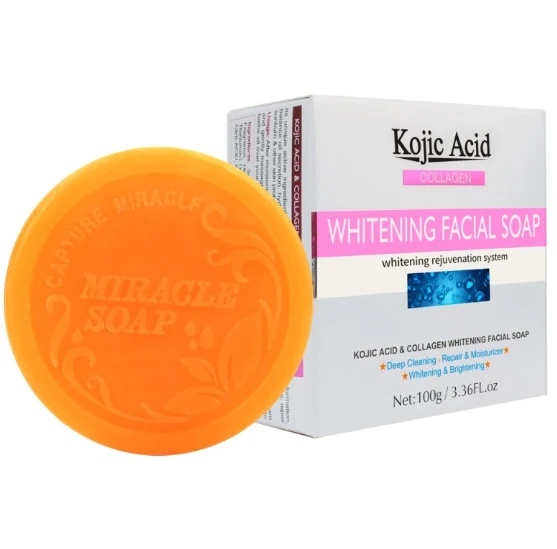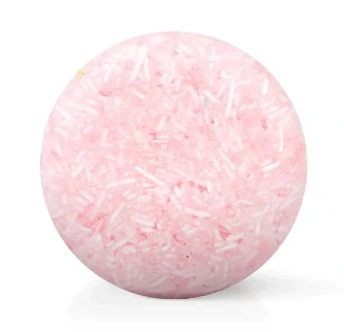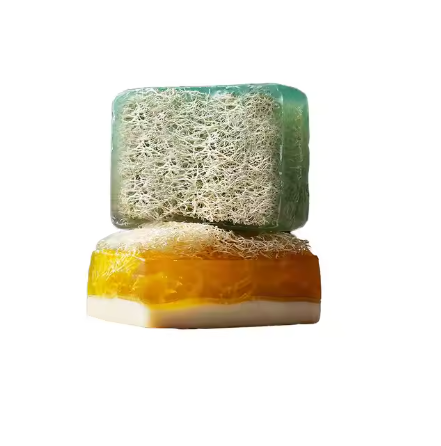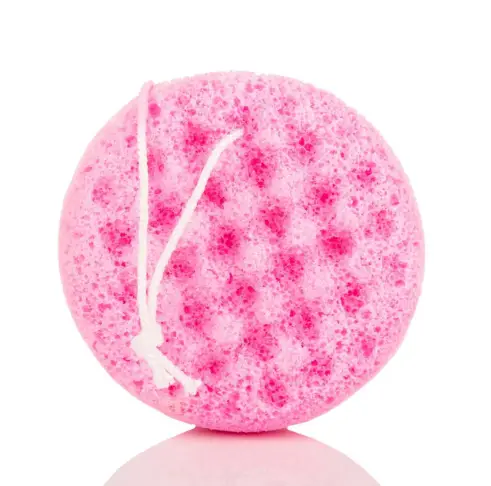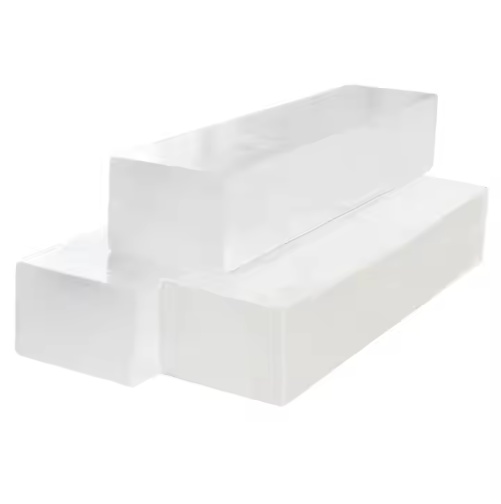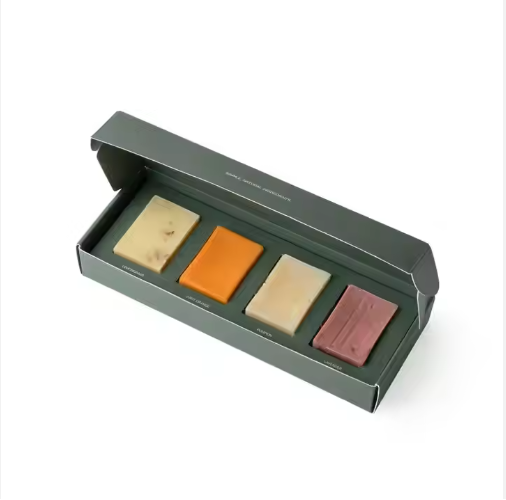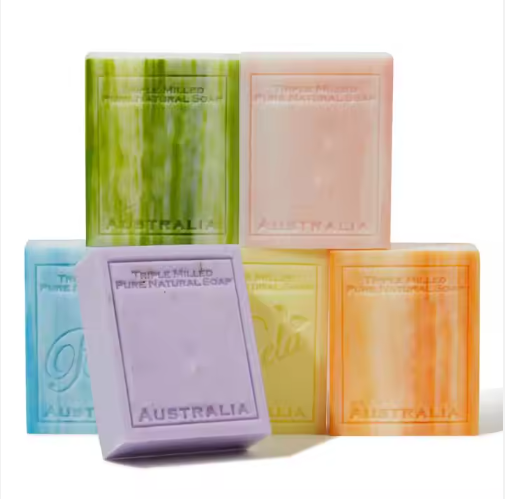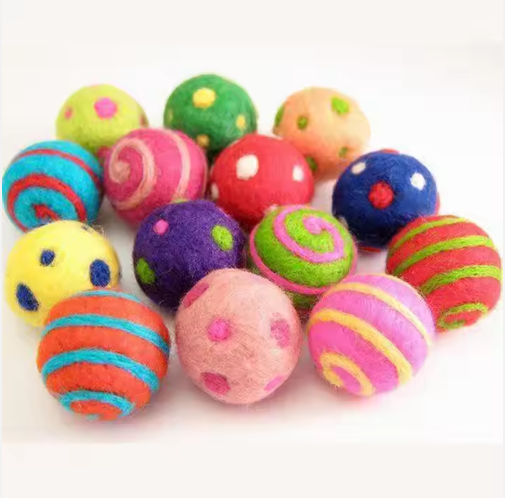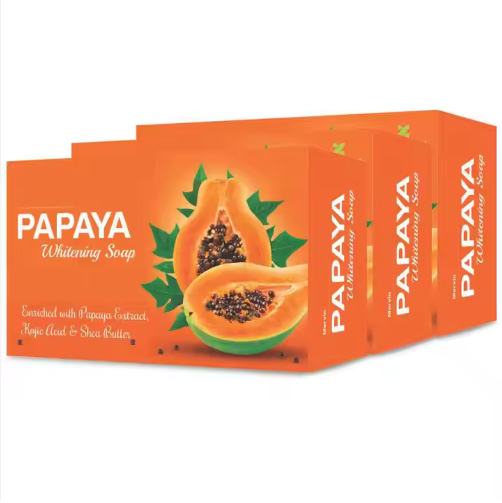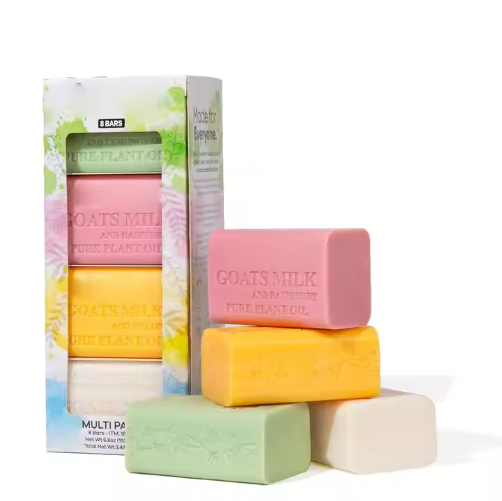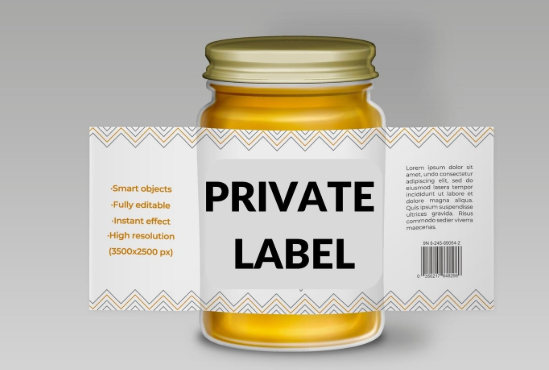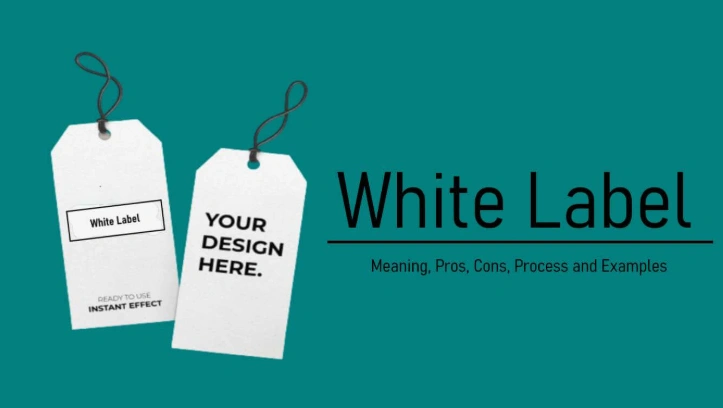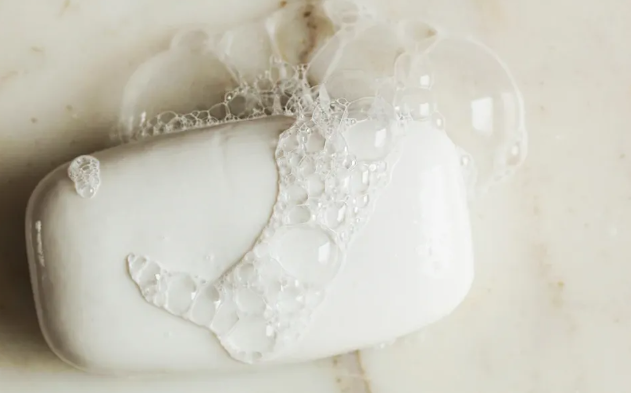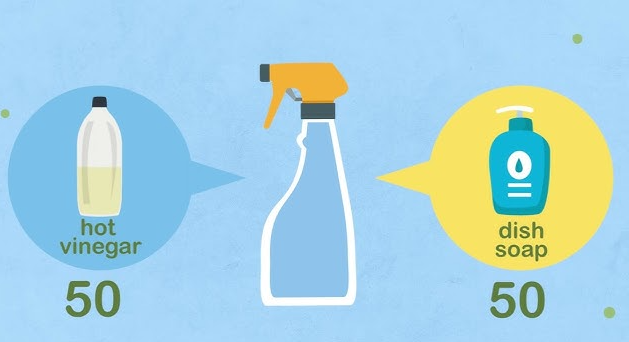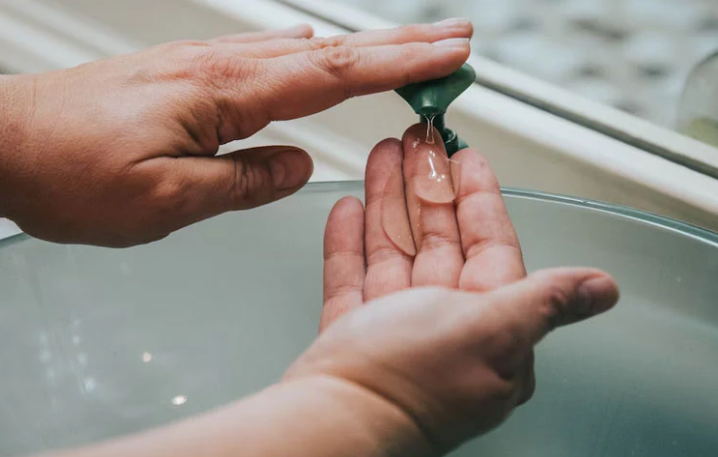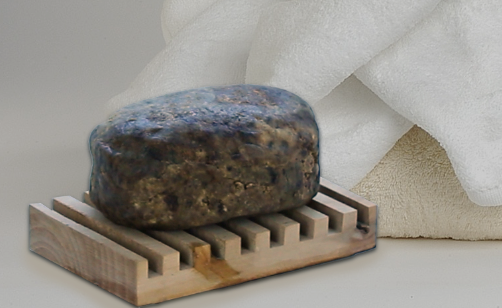How to start a soap business
How much does it cost to start a soap business?
The basic ingredients for homemade soap are inexpensive, so you should be able to launch your first product line for as little as $1,000. As the business grows, materials and labor costs will increase. These are some of the startup costs associated with a soap-making business:
- Ingredients. Most Handmade Soap is a combination of lye and fats or oils. Some soaps include additional ingredients like moisturizers, essential oils, or dye. The ingredients you choose will affect your start-up costs; high-end fats like olive oil and coconut oil are more expensive than mass-produced canola oil.
- Equipment. The most common methods for making soap at home are hot process and cold process. The hot process involves cooking the soap mixture, while the cold process relies on natural curing over time. Both use many of the same tools. To get started, you’ll need soap cutters, a regular or immersion blender, a microwave or slow cooker, lye-safe mixing containers, and soap molds.
- Marketing. Even if you intend to start small, you’ll want to budget for the cost of buying a domain name and creating a website. Marketing costs can vary greatly depending on if you create the website yourself or work with a designer. You may also consider hiring a photographer to take product photos for your ecommerce store.
- Shipping costs. At a minimum, shipping expenses will include postage and shipping materials.
- Business insurance. Depending on the type of business you launch, you may need to purchase different types of business insurance.
How to start a soap business in 7 steps
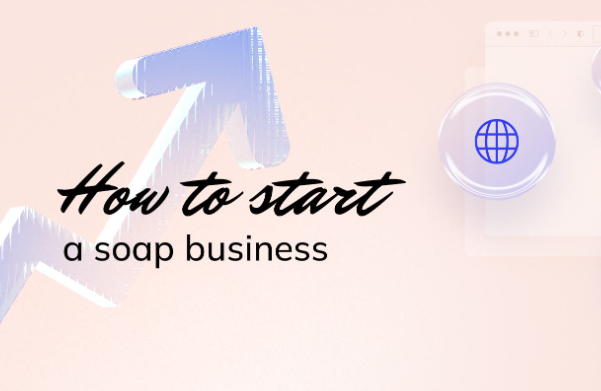
Building a successful soap business requires meticulous planning, product development, effective marketing, and exceptional customer service.Here's a detailed outline of the key steps:
1. Market Research and Business Planning
- Comprehensive Market Analysis:Conduct a thorough investigation to understand your target audience, competitive landscape, and industry trends. Identify unique selling propositions for your products.
- DetailedBusiness Plan:Develop a comprehensivebusiness plan outlining your goals, financial projections, marketing strategies, and operationalprocedures. This will serve as a roadmap for your business.
- Legal Compliance:Choose an appropriate business structure (sole proprietorship, LLC, corporation) and register your business. Obtain necessary permits and licenses to operate legally.
2. Product Development and Branding
- Recipe Formulation and Testing:Experiment with various ingredients (butters, oils, fragrances, colors) to create unique soap recipes that align with your brand identity and target market preferences. Conduct rigorous testing to ensure quality, safety, and effectiveness.
- Brand Development:Develop a strong brand identity that resonates with your target audience. Create a memorable name, logo, and packaging that differentiates your products.
3. Production and Manufacturing
- Equipment and Supplies:Invest in high-quality equipment and supplies to ensure efficient and consistent production. Source premium ingredients from reputable suppliers.
- Production Process:Implement standardized production processes to maintain quality and consistency. Consider certifications like Good Manufacturing Practices (GMP) to enhance credibility.
- Packaging:Choose packaging that protects your soap, aligns with your brand identity, and is environmentally sustainable. Consider using recyclable or biodegradable materials.
4. Marketing and Sales
- Digital Marketing:Leverage online platforms to showcase your products, engage with customers, and drive sales. Build a professional website and utilize social media marketing effectively.
- E-commerce:Set up an online store to sell directly to customers. Optimize your website for search engines to increase visibility and attract organic traffic.
- Wholesale Partnerships:Partner with local retailers or online marketplaces to expand your reach and increase sales volume.
- Retail Presence:Consider participating in farmers' markets, craft fairs, and specialty stores to connect with potential customers and build brand awareness.
5. Customer Service and Loyalty
- Exceptional Customer Experience:Provide outstanding customer service to build loyalty, encourage repeat purchases, and generate positive word-of-mouth.
- Feedback and Improvement:Actively seek customer feedback to identify areas for improvement and enhance your products and services.
- Loyalty Programs:Implement loyalty programs to reward repeat customers and encourage continued patronage.
6. Financial Management and Compliance
- Accounting and Budgeting:Track your income, expenses, and profits to make informed business decisions. Create a detailed budget to manage your finances effectively.
- Pricing Strategy:Determine a competitive and profitable pricing strategy that reflects the value of your products.
- Inventory Management:Maintain adequate inventory levels to meet customer demand without incurring excessive costs. Implement efficient inventory tracking and management systems.
- Regulatory Compliance:Adhere to safety regulations, labeling requirements, and environmental standards to ensure compliance and maintain a positive reputation.
7. Continuous Improvement and Innovation
- Product Development:Continuously research and develop new products to stay ahead of trends and meet evolving customer preferences.
- Market Research:Regularly conduct market research to identify emerging opportunities and adjust your business strategy accordingly.
- Networking:Connect with other soap makers and industry professionals to learn from their experiences, share knowledge, and build valuable relationships.
Starting a soap business FAQ
Can you sell soap without a label?
You do not need to provide an ingredients label if your soap is marketed purely as soap and you do not claim it will provide any health or beauty benefits.
Do you need FDA approval to sell soap?
It depends on your product’s intended use. Products that meet the regulatory definition of soap and are marketed purely for cleansing do not require FDA approval. Soaps that are marketed as moisturizing or having other benefits are classified as cosmetic products and are subject to FDA approval.
Can I start a soap business with a small budget?
The basic ingredients for soap are inexpensive. If you start with small batches, it’s possible to launch a soap business with a low budget.
Is it necessary to have a physical store to sell soap products?
You don’t need a brick-and-mortar store to begin selling soap products. In addition to setting up an ecommerce store or selling through an online marketplace, soap makers can sell their products at pop-up locations like farmers markets and street fairs.
Do I need prior experience in soap making to start a soap business?
If you have a passion for soap, you don’t need professional experience to start your own soap-making business. Anyone can learn the basics of soap making online and use creative marketing to help their product stand out.


